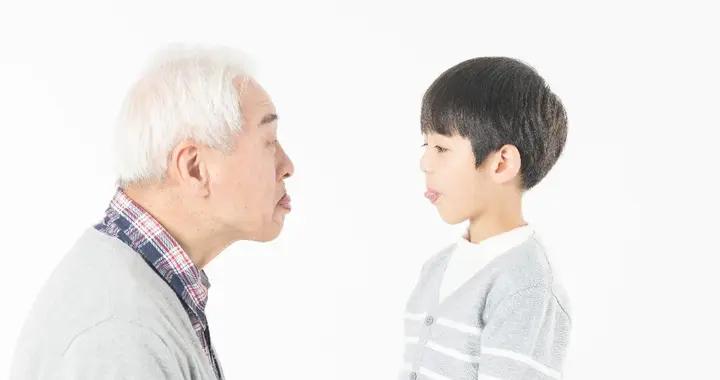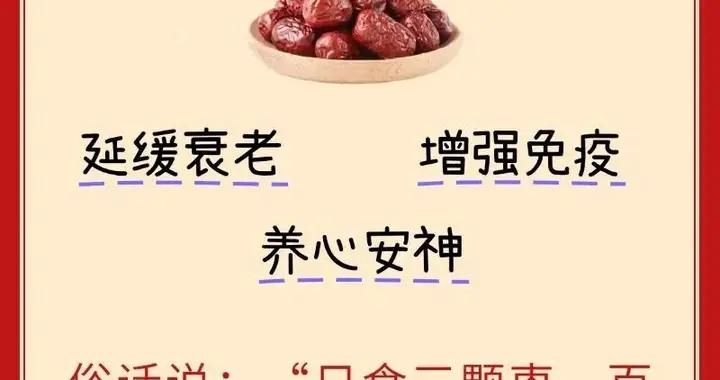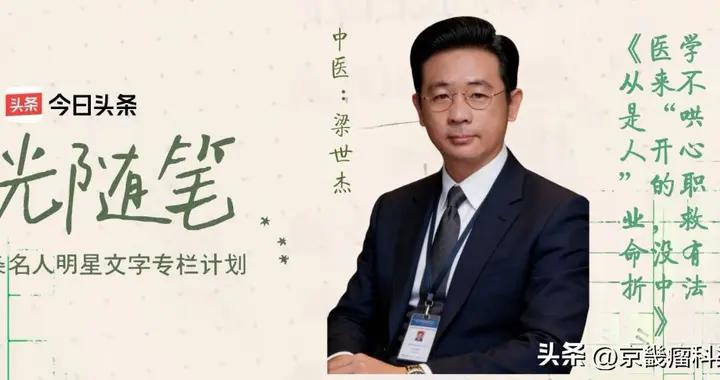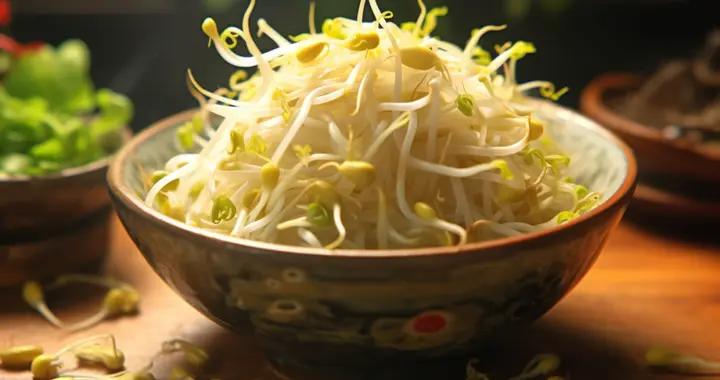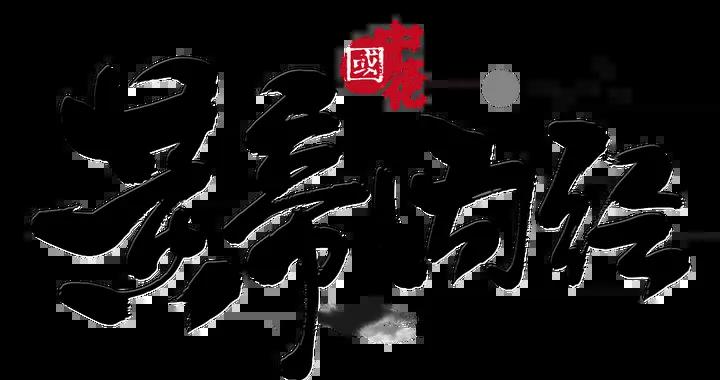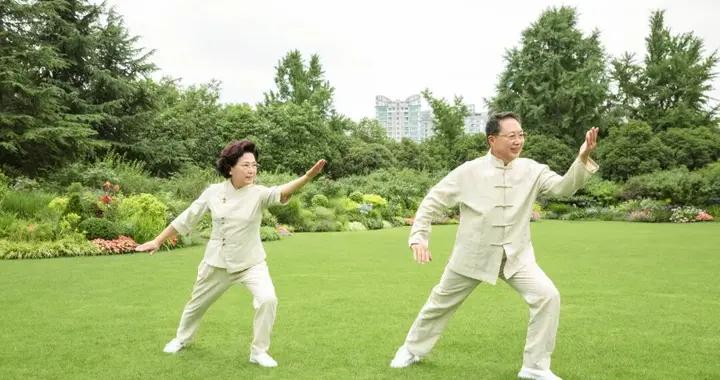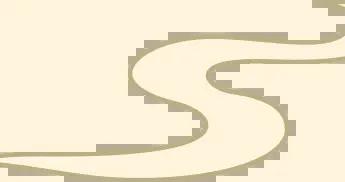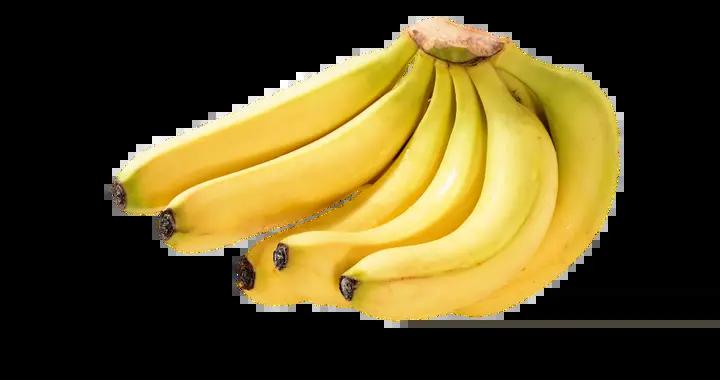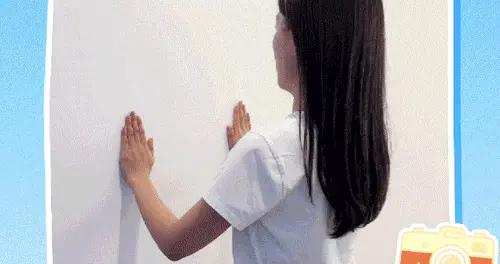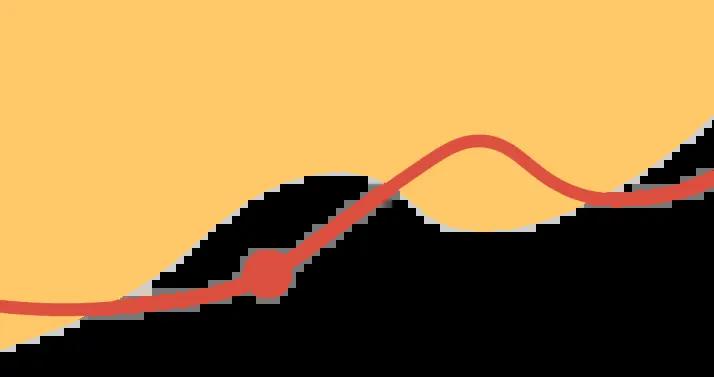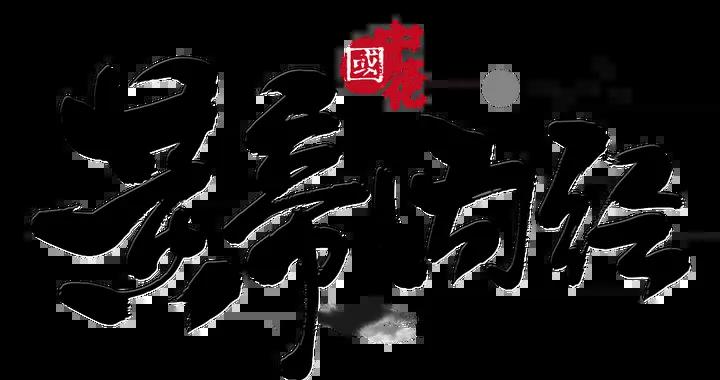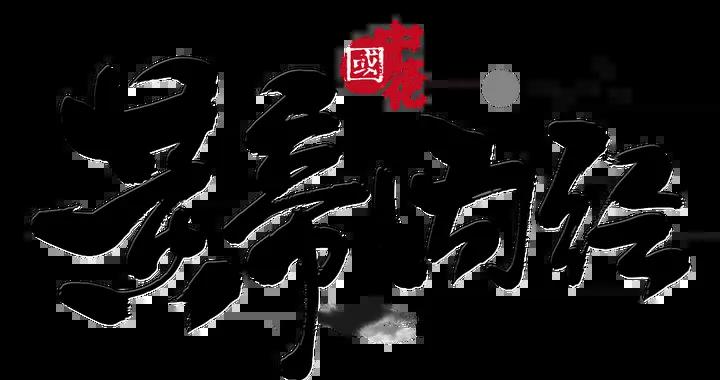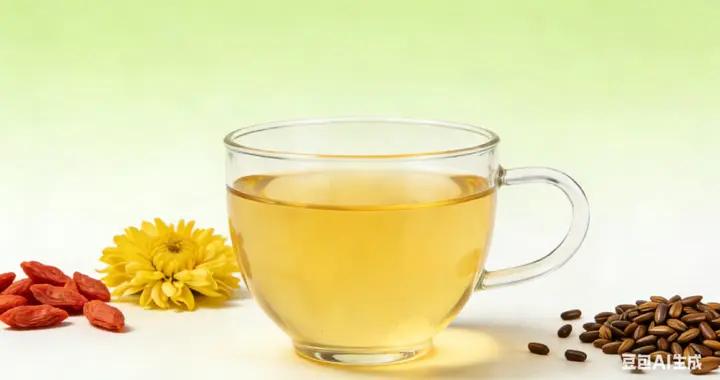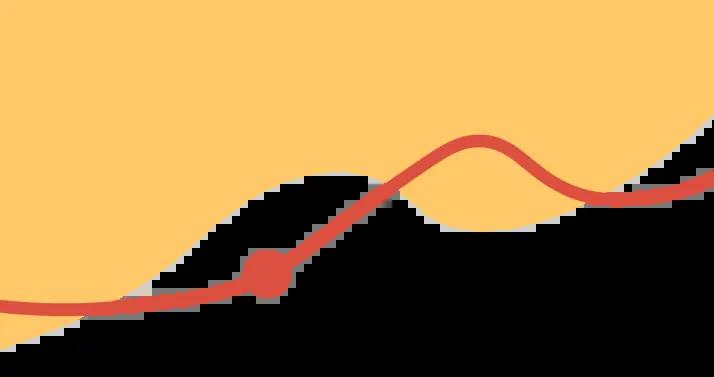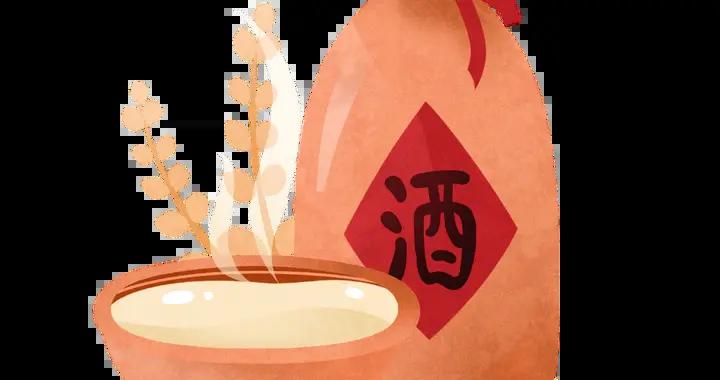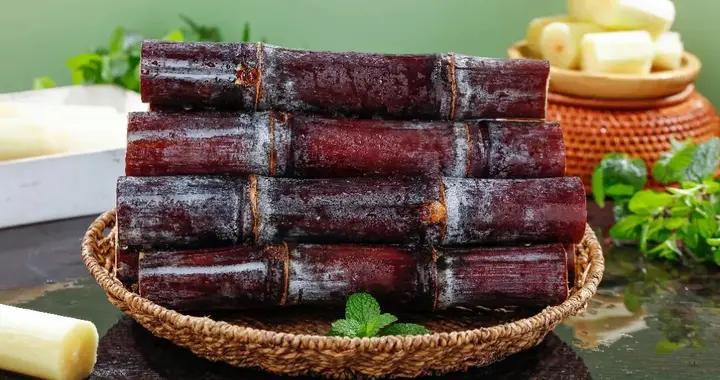曹東義:中藥治病如“大兵團作戰”
在浩瀚的醫學海洋中,中醫以其獨特的理論體系和豐富的實踐經驗,屹立於世界醫學之林。而中藥,作爲中醫治病的重要武器,更是承載着千年來中華民族的智慧與結晶。有人將中藥治病比作“大兵團作戰”,這一比喻既形象又深刻,它揭示了中藥治病背後的複雜性與協同性,以及中醫理論在其中的指導性作用。
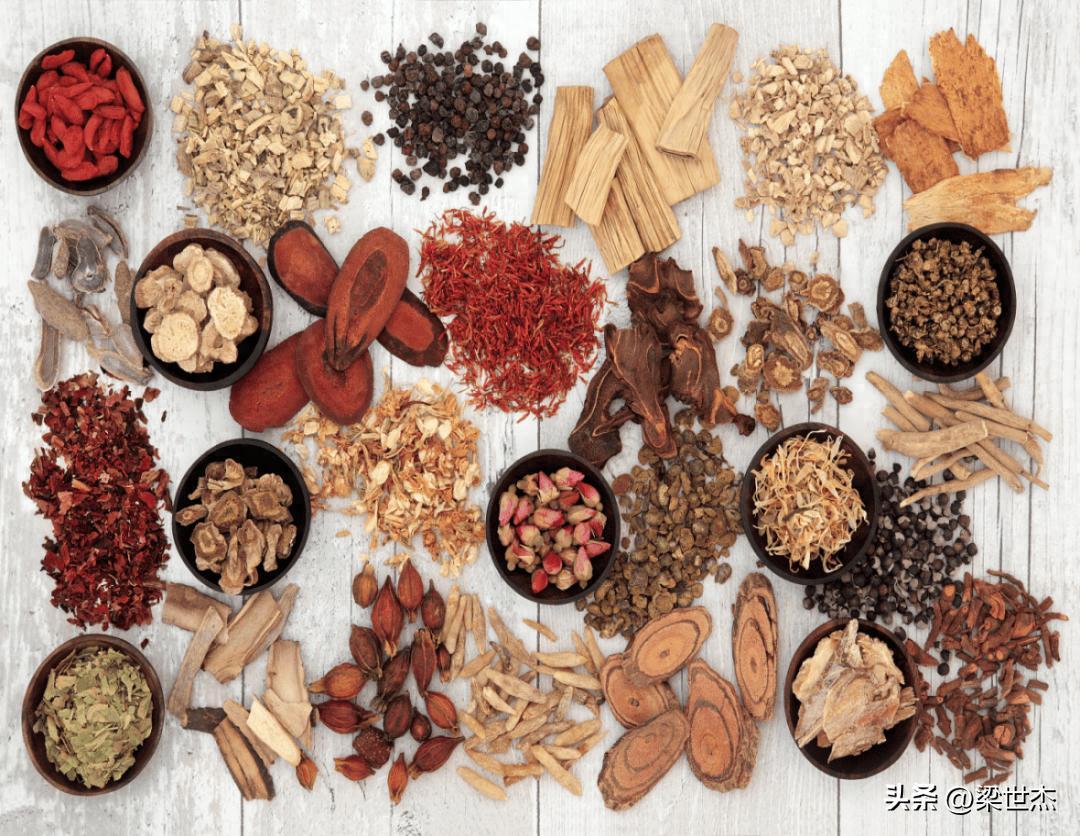
中藥,古人稱之爲“毒藥”。這並非危言聳聽,而是對中藥性質的一種客觀描述。在中醫看來,藥物本身並無絕對的好壞之分,關鍵在於如何運用。正如兵法所言:“兵者,國之大事,死生之地,存亡之道,不可不察也。”中藥的運用,同樣需要嚴謹的理論和豐富的經驗作爲支撐。中醫憑藉其深厚的理論基礎和千年的臨牀實踐,將“毒藥”化爲治病良藥,變廢爲寶。這其中的智慧,堪稱醫學界的奇蹟。
然而,一旦背棄了中醫的理論,就有可能變藥爲毒,化寶爲害。這並非空穴來風,而是有着無數歷史教訓的。蘿蔔綠豆,在常人看來不過是尋常食物,但在中醫理論中,它們卻可以成爲治病良藥。相反,人蔘甘草,這些被視爲滋補聖品的中藥,如果背離了中醫理論盲目使用,也可能致人夭殃。這足以說明,中醫理論在中藥運用中的重要性。
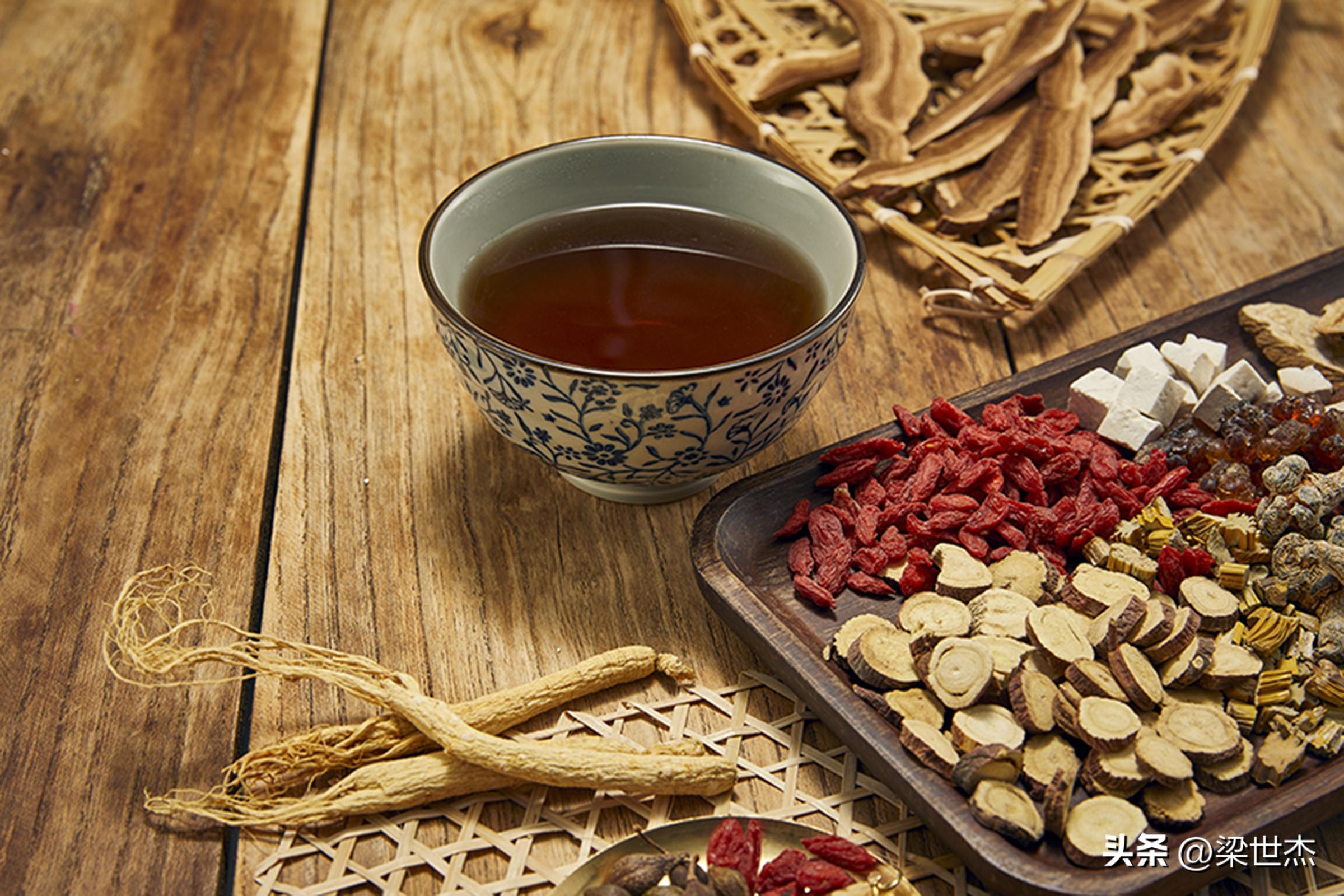
中藥是歷代中醫人的“研究成果”,是地地道道的“分子水平的藥物”。這一說法並非誇大其詞。中藥所含的化學成分十分複雜,作用面十分寬闊,影響領域非常廣泛。它們不像西醫學中的單一化學成分藥,只針對某一特定病症或生理機制發揮作用。而是像一場“集團軍協作作戰”,多種化學成分相互協同,共同作用於人體,發揮治病療傷的效果。
這種“集團軍協作作用”的優勢,在中醫治療中體現得淋漓盡致。中醫講究辨證施治,根據患者的具體病情和體質,靈活運用中藥組合,達到治病求本的目的。這種個性化的治療方案,正是中藥“大兵團作戰”智慧的體現。它不僅能夠針對病症本身進行治療,還能夠調節人體的整體機能,增強患者的免疫力,從而達到標本兼治的效果。
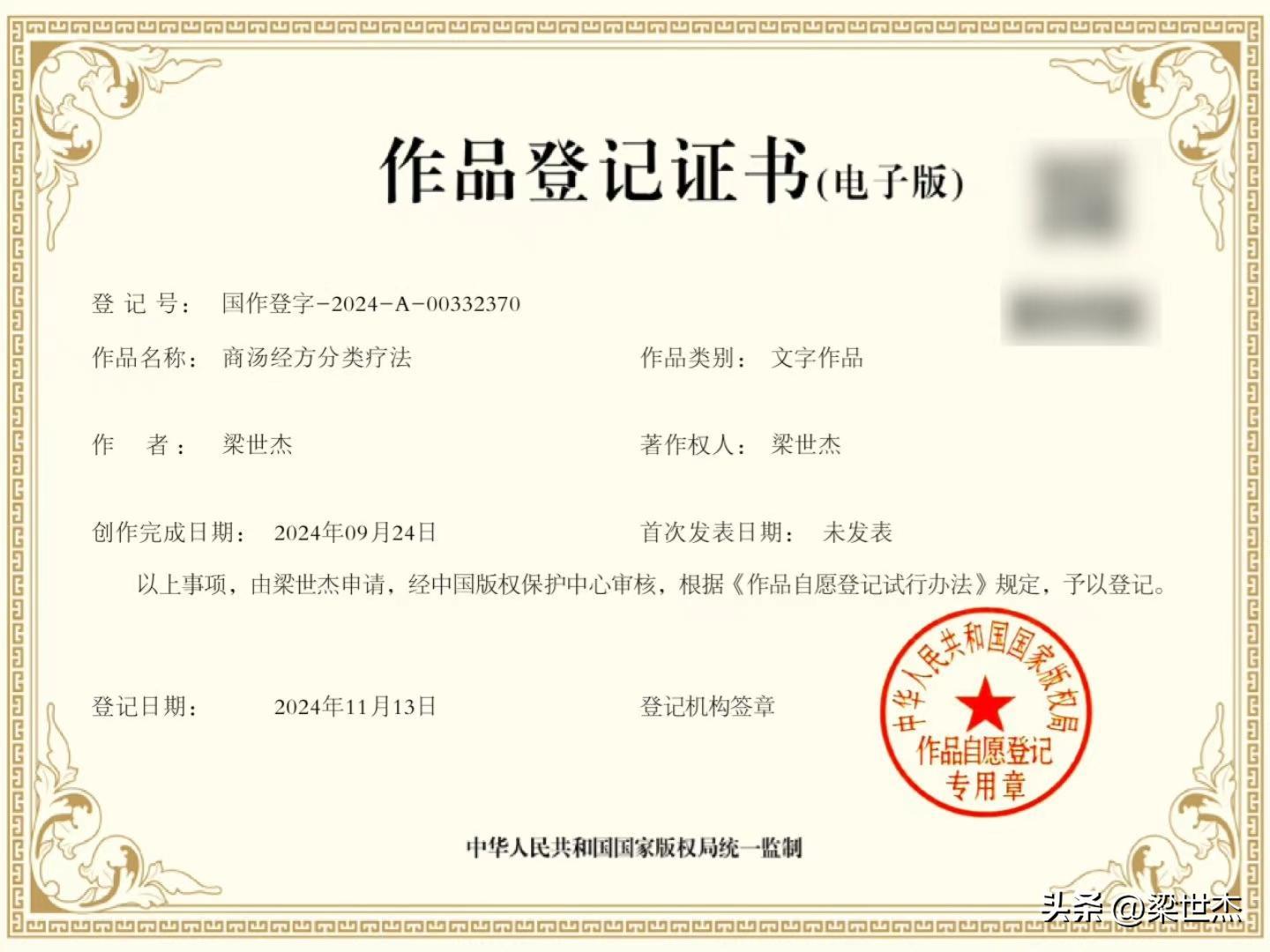
鄧鐵濤國醫大師曾將“雞尾酒療法”與商代伊尹的水平相當,這一比喻並非戲言。雞尾酒療法,作爲現代醫學中的一種治療手段,雖然在一定程度上體現了藥物組合的協同作用,但與中藥的複雜性和協同性相比,仍然相去甚遠。中醫中藥所蘊含的“大兵團作戰”智慧,是現代社會用現在的思維難以完全理解和駕馭的。
不妨來看一個具體的例子。在治療感冒時,中醫會根據患者的具體症狀,如惡寒、發熱、咳嗽、鼻塞等,靈活運用中藥組合。可能用到的中藥有麻黃、桂枝、杏仁、甘草等。這些中藥各自具有不同的藥性和功效,但在中醫理論的指導下,它們能夠相互協同,共同作用於人體,達到解表散寒、宣肺止咳的效果。這種個性化的治療方案,正是中藥“大兵團作戰”智慧的生動體現。
據統計,近年來,隨着人們對健康意識的提高和對中醫中藥的認可,越來越多的患者選擇中醫治療。這不僅是因爲中醫中藥在治療某些疾病方面具有獨特優勢,更是因爲中醫中藥所蘊含的“大兵團作戰”智慧,讓人們看到了醫學發展的無限可能。
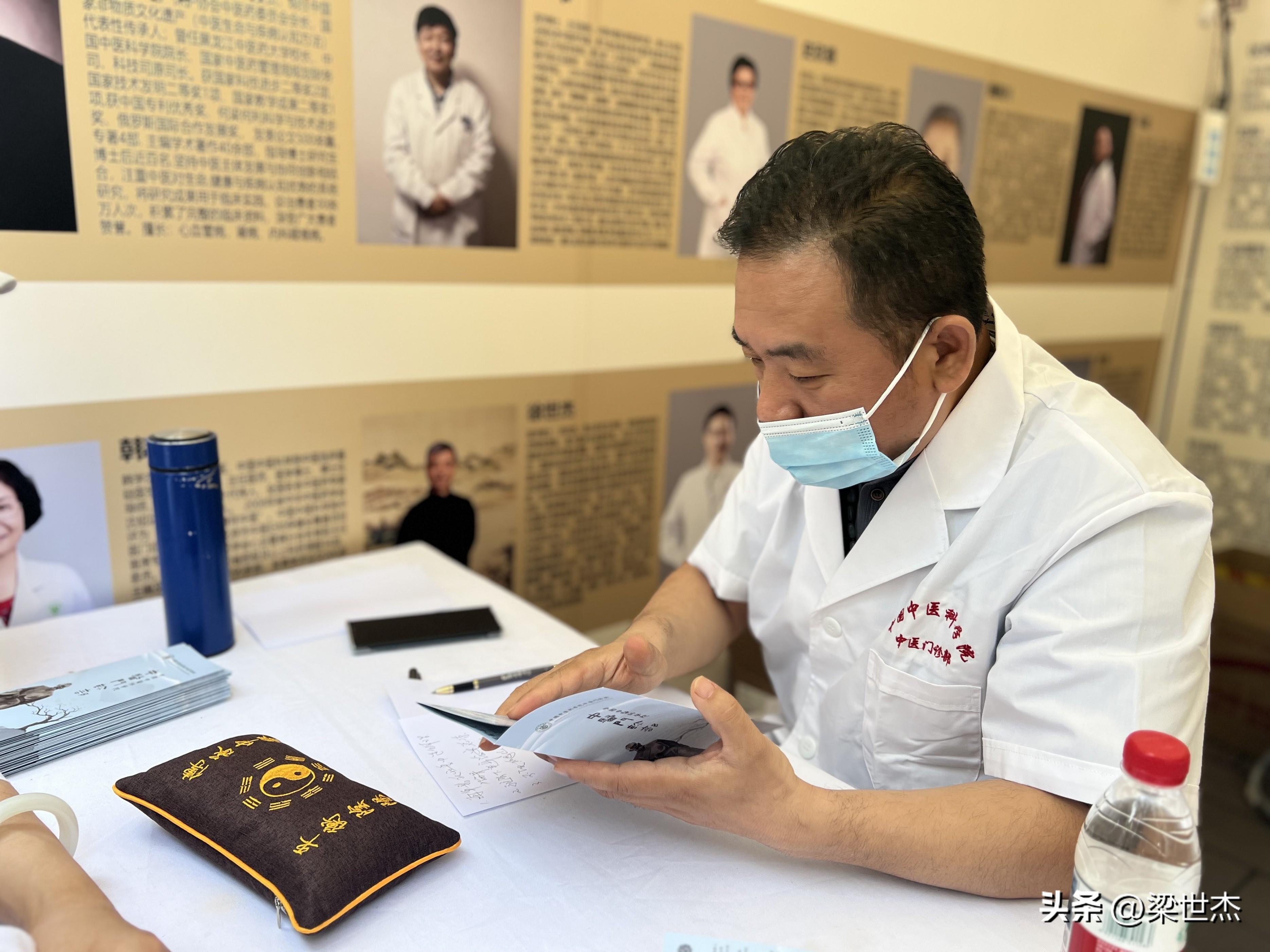
中藥治病,如同一場“大兵團作戰”,需要嚴謹的理論和豐富的經驗作爲支撐。在中醫理論的指導下,中藥能夠化毒爲藥,變廢爲寶;能夠協同作戰,共同治病。這種智慧不僅體現了中華民族對醫學的深刻理解和獨特貢獻,更爲世界醫學的發展提供了寶貴的借鑑和啓示。讓我們珍惜這份寶貴的醫學遺產,共同探索中醫中藥的奧祕,爲人類的健康事業貢獻更多的智慧和力量。
作者簡介:梁世傑 中醫高年資主治醫師,本科學歷,從事中醫臨牀工作24年,積累了較豐富的臨牀經驗。師從首都醫科大學附屬北京中醫院肝病科主任醫師、著名老中醫陳勇,侍診多載,深得器重,盡得真傳!擅用“商湯經方分類療法”、專病專方結合“焦樹德學術思想”“關幼波十綱辨證”學術思想治療疑難雜症爲特色。現任北京樹德堂中醫研究院研究員,北京中醫藥薪火傳承新3+3工程—焦樹德門人(陳勇)傳承工作站研究員,國際易聯易學與養生專委會常務理事,中國中醫藥研究促進會焦樹德學術傳承專業委員會委員,中國藥文化研究會中醫藥慢病防治分會首批癌症領域入庫專家。榮獲2020年中國中醫藥研究促進會仲景醫學分會舉辦的第八屆醫聖仲景南陽論壇“經方名醫”榮譽稱號。2023年首屆京津冀“扁鵲杯”燕趙醫學研究主題徵文優秀獎獲得者。事蹟入選《當代科學家》雜誌、《中華英才》雜誌。
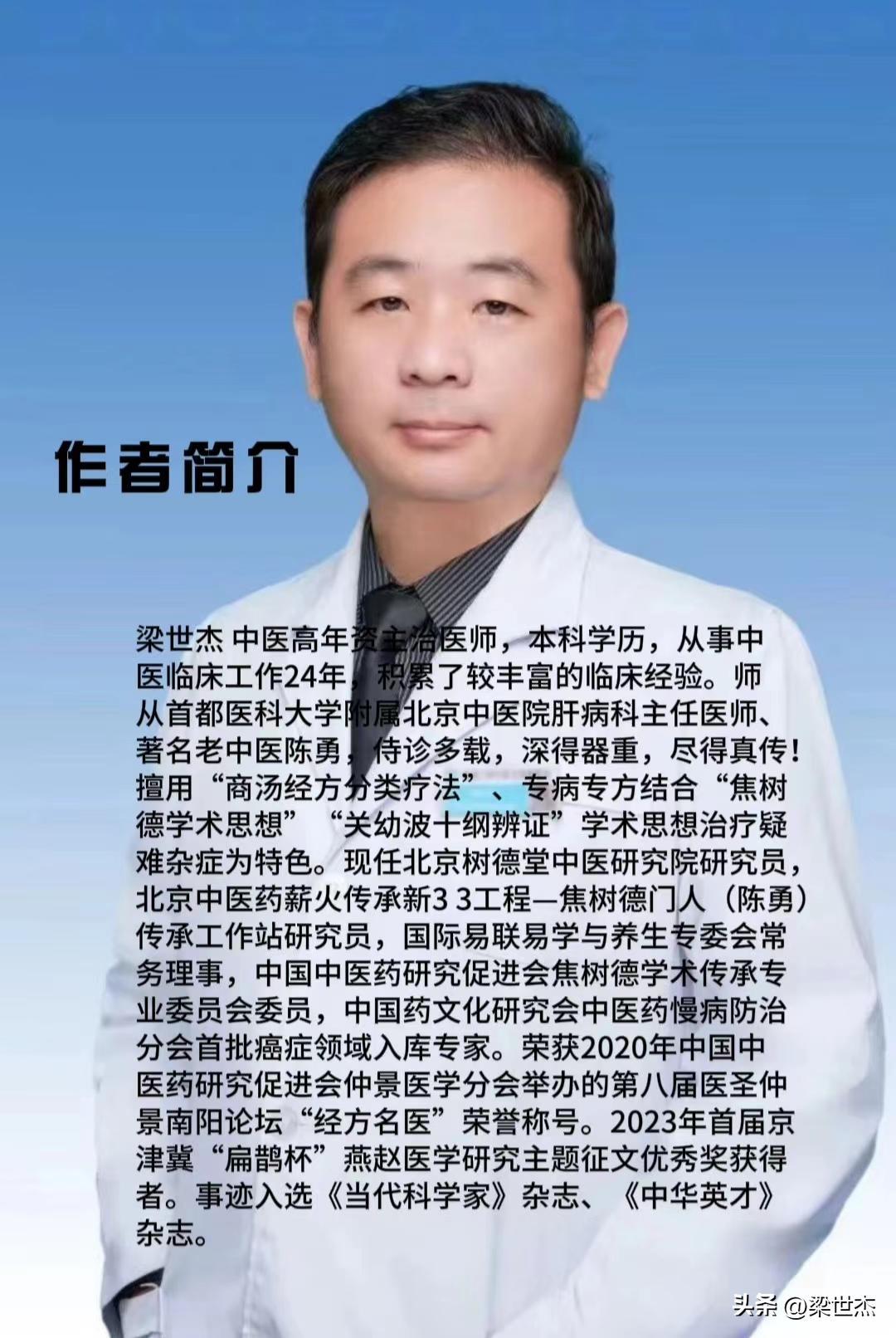
Cao Dongyi: Treating diseases with traditional Chinese medicine is akin to "large-scale military operations"
In the vast ocean of medicine, Traditional Chinese Medicine (TCM) stands out due to its unique theoretical framework and rich practical experience, making it a prominent force in the world of medicine.
As a crucial tool in TCM for treating diseases, Chinese herbal medicine embodies the wisdom and achievements of the Chinese nation over thousands of years. Some people liken the use of Chinese herbal medicine in treating diseases to "large-scale military operations," a metaphor that not only captures the complexity and synergy involved but also highlights the guiding role of TCM theory in this process.
Traditional Chinese medicine, which was once referred to as "poison" by the ancients, is not an exaggeration but rather an objective description of its nature. In the view of traditional Chinese medicine, there is no absolute distinction between good and bad in terms of medicinal substances; what truly matters is how they are used. This is akin to the saying in military strategy: "Warfare is a matter of great importance to a nation, involving the stakes of life and death, and the very survival of the state. It is thus imperative to carefully consider all aspects." Similarly, the use of traditional Chinese medicine requires rigorous theoretical foundations and extensive clinical experience as its support. With its profound theoretical basis and thousands of years of clinical practice, traditional Chinese medicine has transformed "poison" into a potent cure, turning waste into treasure. The wisdom behind this transformation is truly a marvel in the field of medicine.
However, once the principles of traditional Chinese medicine are abandoned, there is a risk of turning medicine into poison and treasure into harm, which is not merely a speculative notion but rather a lesson learned from numerous historical instances.
While ordinary people might view radish and mung beans as mere ordinary foods, in the context of traditional Chinese medicine, they can serve as effective remedies for certain ailments. Conversely, ginseng and licorice root, which are regarded as sacred tonics in traditional Chinese medicine, can also cause harm if used indiscriminately and without adhering to the principles of traditional Chinese medicine. This underscores the significance of traditional Chinese medicine principles in the application of traditional Chinese medicines.
Traditional Chinese medicine (TCM) is the "research findings" of generations of TCM practitioners, and it is a genuine "drug at the molecular level". This statement is not an exaggeration; the chemical components of TCM are extremely complex, have a broad range of effects, and influence a wide variety of areas. Unlike the single chemical components in Western medicine, which only target a specific ailment or physiological mechanism, TCM works like a "combined army operation", with multiple chemical components working together to affect the human body and produce therapeutic effects.
The advantages of this "army-level synergistic effect" are vividly demonstrated in traditional Chinese medicine (TCM) treatment. TCM emphasizes individualized treatment based on the specific condition and constitution of each patient, and employs a flexible combination of traditional Chinese medicines to achieve the goal of treating the root cause of the disease. This personalized treatment plan embodies the wisdom of TCM''s "large-scale coordinated operation," which not only targets the symptoms themselves but also regulates the overall functions of the body, enhances the patient''s immune system, and thus achieves the dual goal of treating the symptoms and root causes.
The analogy made by the renowned traditional Chinese medicine master Deng Tietao that the "cocktail therapy" was on par with the level of Yi Yin during the Shang Dynasty was not an exaggeration.
As a therapeutic method in modern medicine, while the cocktail therapy does reflect the synergistic effect of drug combinations to some extent, it still falls far short of the complexity and synergistic properties of traditional Chinese medicine. The wisdom of "large-scale coordinated operations" embedded in traditional Chinese medicine is something that modern society''s thinking may not be able to fully comprehend and harness.
Let''s look at a specific example. When treating a cold, traditional Chinese medicine will use a combination of Chinese herbs based on the patient''s specific symptoms, such as chills, fever, coughing, and stuffiness in the nose. Some of the herbs that might be used include Ephedra sinica, Ligusticum chuanxiong, Prunus armeniaca, and Licorice root. Each of these herbs has its own unique properties and effects, but under the guidance of traditional Chinese medicine theory, they can work together to produce a synergistic effect on the body, achieving the goals of relieving exterior symptoms and dispelling coldness, as well as tonifying the lungs and relieving cough. This personalized treatment plan is a vivid illustration of the wisdom of "large-scale coordinated operations" in traditional Chinese medicine.
According to statistics, in recent years, with the improvement of people''s awareness of health and their recognition of traditional Chinese medicine (TCM), more and more patients are choosing TCM treatment, not only because TCM has unique advantages in treating certain diseases, but also because TCM embodies the wisdom of "large-scale operations", which has shown people the infinite possibilities of medical development.
Treating diseases with traditional Chinese medicine is akin to a "large-scale military operation," which requires rigorous theory and abundant experience as its foundation. Under the guidance of traditional Chinese medicine theory, traditional Chinese medicine can transform toxins into medicines and waste into treasures; it can also work together to treat diseases. This wisdom not only reflects the profound understanding and unique contributions of the Chinese nation to medicine, but also provides valuable lessons and inspiration for the development of global medicine. Let us cherish this precious medical heritage, explore the mysteries of traditional Chinese medicine together, and contribute more wisdom and strength to the cause of human health.
Author Bio: Liang Shijie is a senior medical practitioner in traditional Chinese medicine with an undergraduate degree. He has been engaged in traditional medicine clinical work for 24 years and has accumulated a wealth of clinical experience. Following Chen Yong, chief physician of liver disease at Beijing Traditional Medicine Hospital, affiliated with Capital Medical University, and renowned old Chinese medicine, he has been treated for many years and received great attention. He specializes in the treatment of difficult diseases using "conversational traditional therapy" and special treatments combined with the academic ideas of Jiao Shude and Guan Yubo''s ten-level diagnosis.He is currently a researcher at the Shude Tang TCM Research Institute in Beijing, a fellow at the new 3 + 3 project of traditional Chinese medicine flame inheritance in Beijing - a scholar at the inheritance workstation of Jiao Shude''s protégés (Chen Yong),He is a standing committee member of the International Expert Committee on E-learning and Health Care, a member of the Jiao Shude Academic Heritage Special Committee of the Chinese Association for the Advancement of Chinese Medicine Research, and the first cancer specialist to be included in the chapter of the Chinese Pharmaceutical Culture Research Association. Won the 2020 China Association for the Promotion of Traditional Chinese Medicine Zhongjing Medical Branch held the eighth session of the Medical Saint Zhongjing Nanyang Forum "Classic Prescription Famous Doctor" honorary title. The winner of the first Beijing-Tianjin-Hebei "Pingui Cup" Yanzhao Medical Research Essay Award in 2023. His work was featured in the journal Current Scientist and the journal Chinese Talent.
